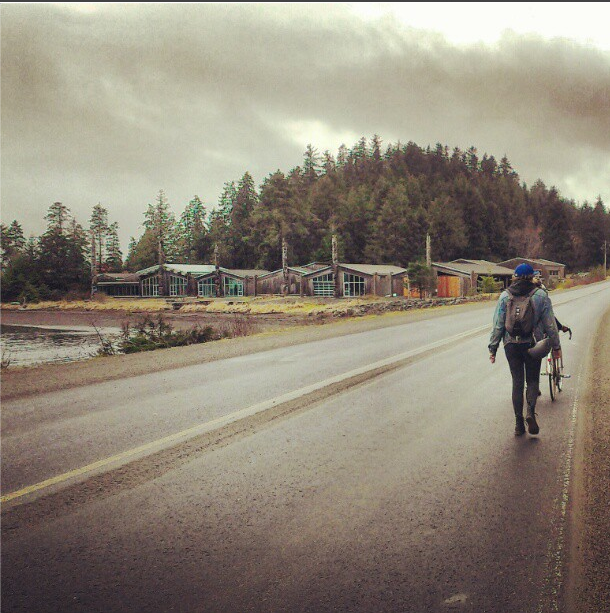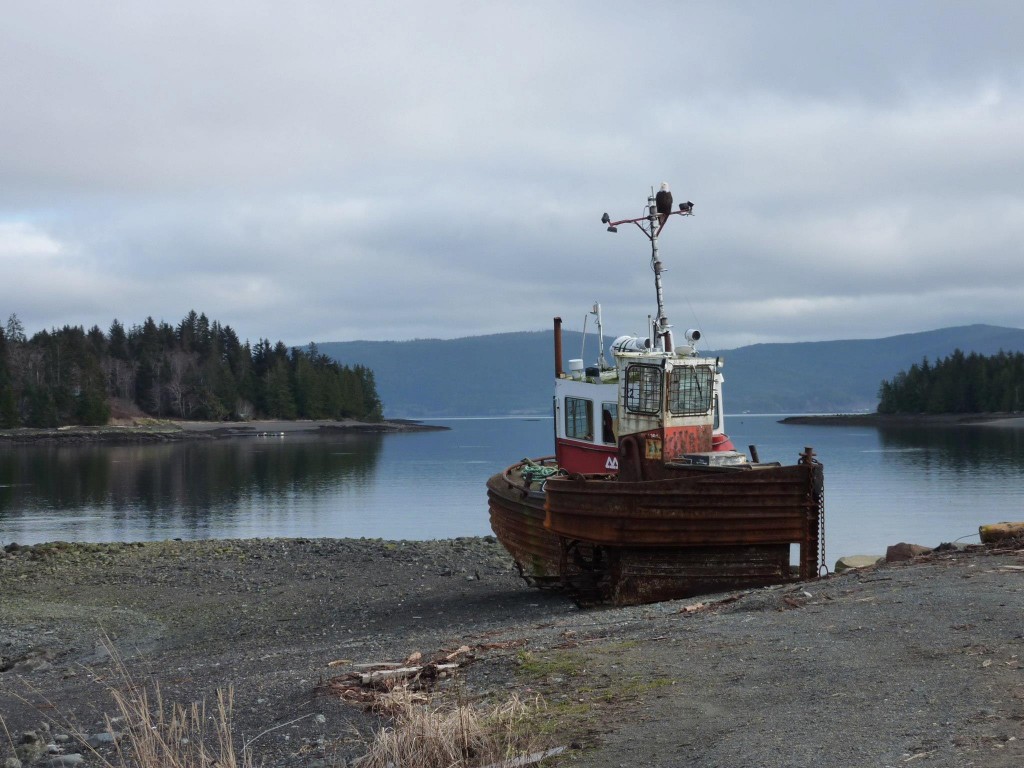My story
“The truth about stories is that that’s all we are. ”
Thomas King
School is one of the many places that we learn, create and discover stories, both about ourselves, about others, and about the world surrounding us. Personally, I love hearing people’s stories, particularly those about who they are, and what has shaped them. Here is a brief glimpse into my story, and the events that have influenced my life, and will surely influence my teacher practice.
I spent my childhood in Montreal. Growing up in such a multicultural city, I was lucky to hear many languages spoken all around me, to listen to music from all corners of the world, and to enjoy the richness of its bilingual environment. The cold winters are a season that I remember fondly. As the snow fell over the city, and the ice froze over the St-Lawrence rive near my home, we could go ice-skating on the river, and build snow forts in the schoolyard. Nature, from the dandelion in the crack in the sidewalk, to the beaches of Gaspésie, has always been a source of wonder and curiosity in my life. That curiosity and passion lead me to complete my first undergraduate degree at McGill, in Environmental Studies, where I learned about the multiple factors (social, economic, cultural), which dictate our contemporary context. More than anything, this degree provided time for me to reflect upon the stories I have been told, and understand that each of us have a series of beliefs that are influenced by our surroundings. The power of narrative, and stories was really demonstrated to me during a semester spent on Haida Gwaii.
Stories, however, were a large part of all my schooling, and I was lucky to love books. I particularly enjoyed when the activities were interactive. I have fond memories of primary school in Quebec, from folk dancing, “épluchette de blé d’inde”(corn on the cob in French Canadian), and bird watching. I also enjoyed high school, where I learned more about Quebec’s contemporary history, and Quebecois literature, and how to develop an opinion on it. In both CEGEP and university, the courses that stuck with me the most were those that helped us relate what we were learning to realities outside the classroom. I really appreciated when instructors took the time to get to know their students, and called upon various student’s strengths in order to create a more inclusive and collaborative classroom experience. Upon reflecting upon my time in the classroom Haida Gwaii through the lense of my education degree, I have come to realize why this experience was so powerful, and why I can still remember many of the stories that I was told while I was there. Upon arrival, time was spent creating a community of learners, as we all knew each other, where we were from, and what our various perspectives were coming to this program. Next, the readings were team taught, and discussed. Often, we debated different sides of an issue in order to deepen our understanding. Classroom time was rich in dialogue and interaction, however classroom time was limited, as a lot of time was spent outdoors, or talking to experts in their field on site. If you had a question about logging, a logger may be the most important person to speak to. A lot of time was spent discussing the relationship that various islanders had with the land, and as a class we got to spend a lot of time speaking to people and going out to see the land ourselves. This pedagogical experience was powerful for me as I think it was experiential, place based, and time was spent recognising relationships.
The time I spent in northern British Columbia both as a tree planter and as a student, inspired me to move to Vancouver as this province is a beautiful and exciting place to live. I look forward to sharing my love of French, and for learning with children and adults alike!

